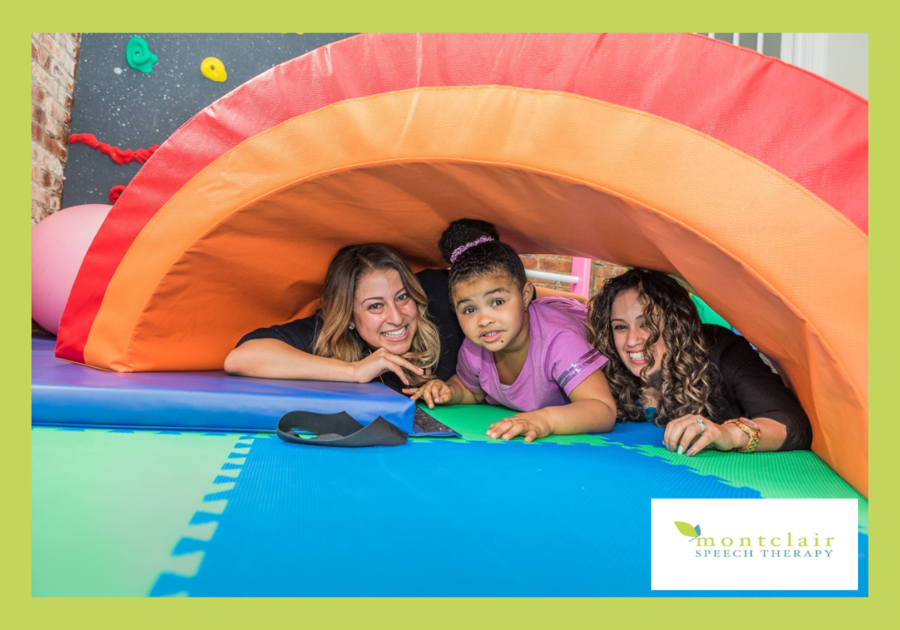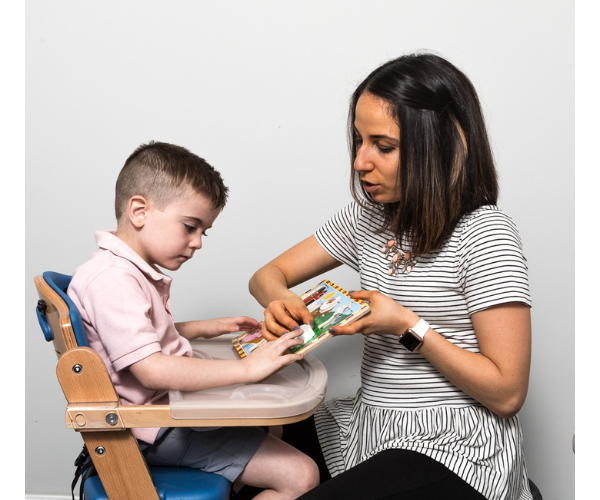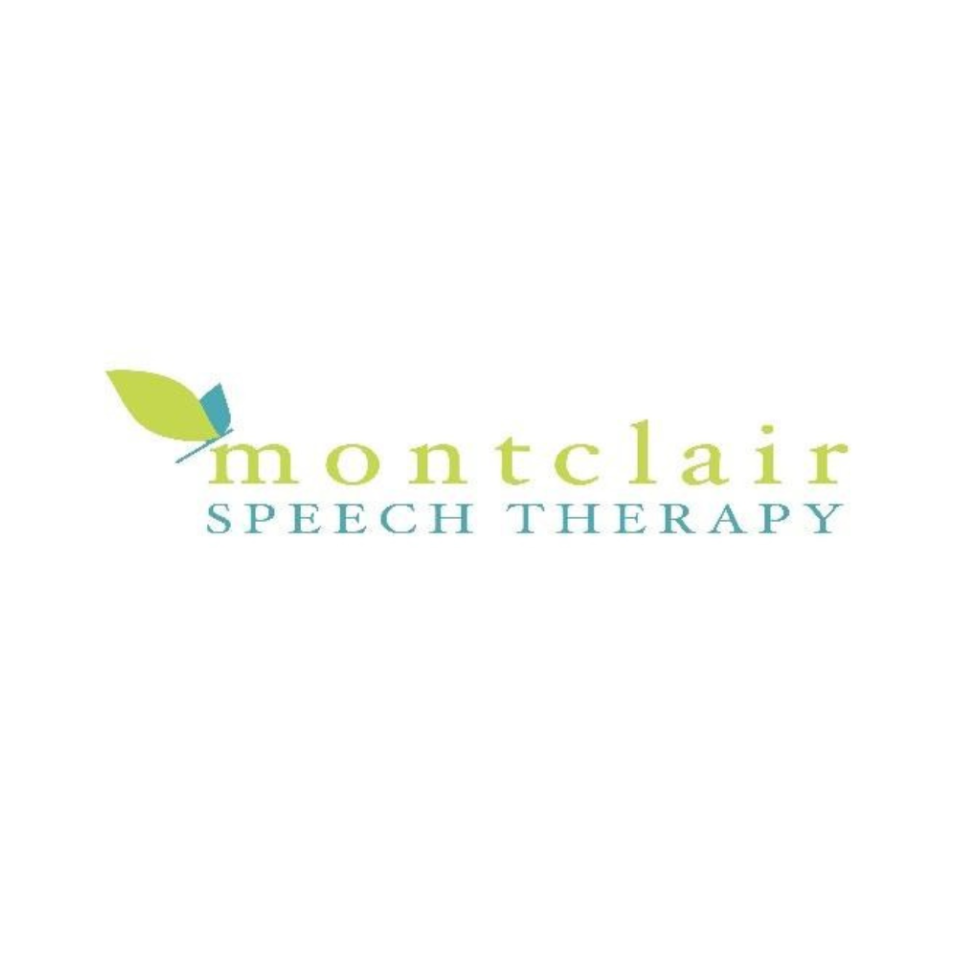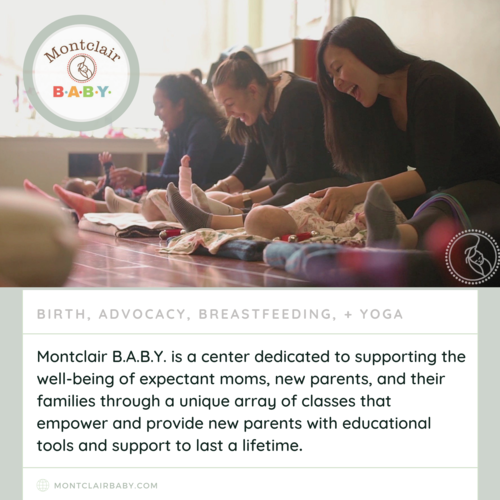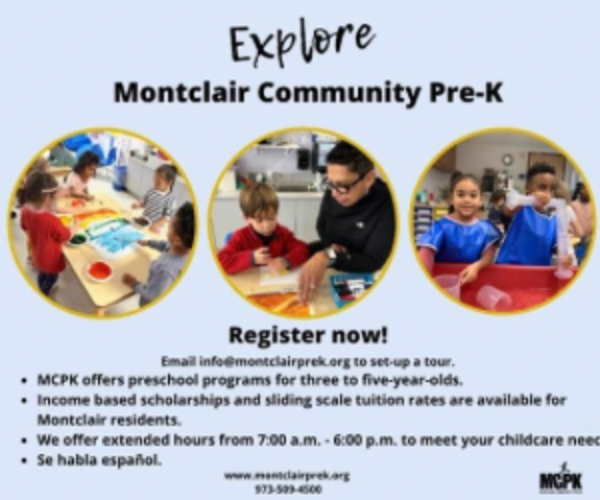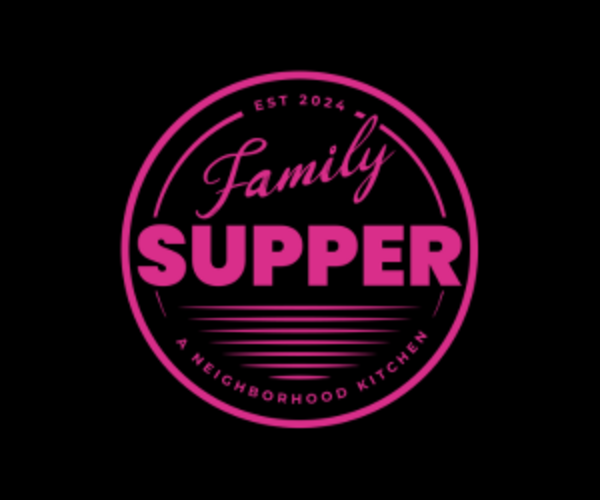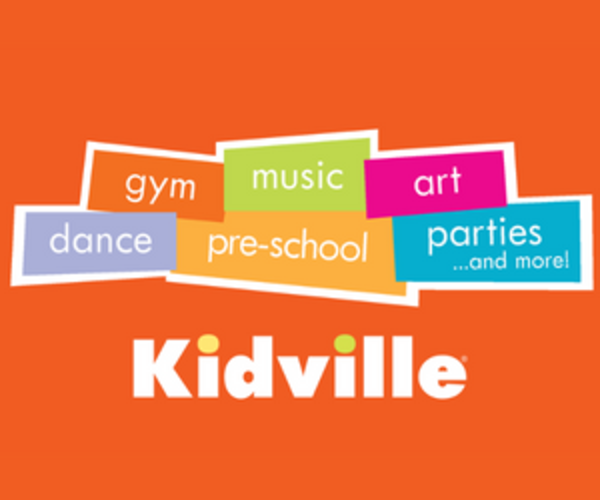Montclair Speech Therapy (MST) believes in empowering individuals of all ages to communicate effectively. Augmentative and Alternative Communication (AAC) is one of the many tools that can make this possible. AAC, which stands for augmentative (to add to current communication) and alternative (a different form of communication), is essential for those whose spoken language does not meet their daily needs. Contrary to a common misconception, AAC does not slow or hinder language development; rather it enriches communication, supports language development, improves social-emotional well-being, and reduces communication breakdowns.
AAC can be unaided, such as sign language, which does not require any external device, or aided, like picture symbols or digital communication tools. Deciding which AAC device is the right fit can be challenging without the right support. We have successfully guided families in selecting the best AAC device for themselves or their loved ones, helping them navigate the range of options available—from high-tech speech-generating devices to low-tech picture communication systems—and implement AAC according to current best practices as a component of a comprehensive intervention to support effective communication. Learning to use AAC is much like learning to speak a new language. Just as a child learns spoken language through modeling, AAC users need examples to understand what to say, when, and how to use their devices. Through modeling and consistent practice, our therapists teach clients and their families how to use their AAC system effectively in daily life.
MST: When I first recommended introducing AAC to Victoria, what were your initial thoughts? Did you have any reservations or concerns?
"I was a bit hesitant at first. I didn’t want Victoria to depend solely on the AAC device to communicate, I wanted her to use her voice."
MST: Before being introduced to AAC, how was Victoria communicating her wants, needs, thoughts ideas?
"She would point to what she wanted or look at what she wanted and I would have to guess what she wanted and she would become frustrated when I didn’t get what she wanted.
MST: Do you feel AAC has prevented or supported the development of Victoria's verbal communication skills? Have you seen progress in Victoria's verbal speech, language skills, and communication skills since the introduction of AAC?
"I feel now that Victoria’s AAC has supported the development of her communications skills. I have seen great progress in her language skills and communication since she started using her 'talker'. That’s what we call her AAC device."
MST: How is AAC being incorporated in therapy, school, and home?
"Victoria was using her AAC device at school and home almost all the time. But now she uses it sparingly as she would rather use her voice to communicate her needs and wants. If she struggles with a word she will grab her 'talker'."
MST: What are your hopes for Victoria in the future?
"My hope for Victoria in the future is for her to be able to communicate her wants and needs and not have to use her talker."
Whether it’s finding the right device, learning to use it, or ensuring it best fits the user’s unique and evolving needs, MST is here to support you every step of the way. AAC opens doors for communication, giving individuals the chance to build meaningful connections with the world around them.
Montclair Speech Therapy is here to support and guide you. We want to analyze what is working and what is not so great and to create a plan to best serve our children and families to build healthy relationships with food and feeding. We take most major insurance companies including Horizon BlueCross Blue Shield, Aetna, Cigna, and Medicare.
Montclair Speech Therapy
17 Watching Plaza Montclair 07042
(973) 744-0804
Another article to check out: Picky Eating: When to Worry, What to Know


